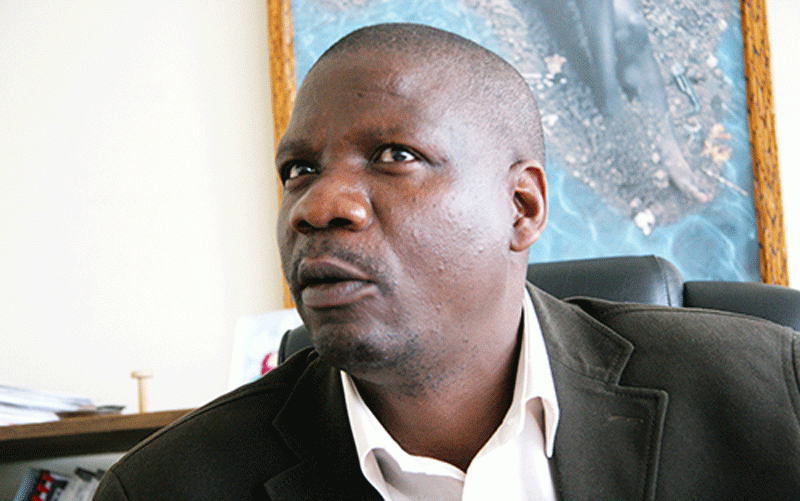HARARE – The Zimbabwe Congress of Trade Unions (ZCTU) has dismissed as futile, Finance Minister Mthuli Ncube’s attempts to tame a recent price surge that has eroded incomes and brought restlessness within the country’s workforce.
Stung by the rapid increase in prices of goods and services, Ncube introduced a raft of measures which included scrapping of duty on imported basic goods, while also allowing shops and other Zimbabwean businesses to keep 100 percent of the foreign currency they take into their tills.
This was after prices pegged in RTGS had surged and further increased the demand for US dollars as an instrument to store value by business entities.
Meanwhile, government employees continue to receive wages pegged in Zimbabwean dollars.
Government, through the central bank, also introduced gold coins as a tool of storing value at a times the local currency continues to tumble.
However, in a statement, ZCTU secretary-general Japhet Moyo said the measures will not improve the welfare of workers who get their salaries in local currency.
“Measures such as 100 percent retention of domestic foreign currency earnings, adoption of all external loans by treasury, enhanced foreign exchange auction system and even lifting of all restrictions on importation of basic goods is a nullity to a worker who is paid in RTGS,” Moyo said.
“There is nothing for the working poor who are choking under the yoke of high prices and low wages.
“Measures such as gold and digital coins are mere elitist deals to loot from the power.
“How many workers can afford to buy the so-called gold coins or digital coins?”
Moyo said government should consider engaging stakeholders for their input before rushing to introduce solutions that do not solve the problem in the long run.
“To date, efforts by authorities to bring the unstable macroeconomic environment under control have not been effective.
“Most of the measures have been hastily implemented without adequate dialogue and consultations of all key stakeholders and partners.”
He added: “The biggest challenge with reforms in Zimbabwe is that they are being implemented top-down and this has plunged the economy into abysm in the first place, implying the trust and confidence deficit will continue to haunt the process.
“The populace has been hurt and suffered as a result of the wrong-headed policies that resulted in loss of value of our currency in the past and now, fiscal indiscipline, runaway inflation, and corruption.
“We reiterate our demand that all workers be paid in USD until such a time the economy stabilises,” he said.
















